One of the biggest debates surrounding Artificial Intelligence is:
👉 “Will AI take away human jobs?
There’s growing fear that robots and smart software may replace workers. But at the same time, AI is also creating new opportunities that never existed before.
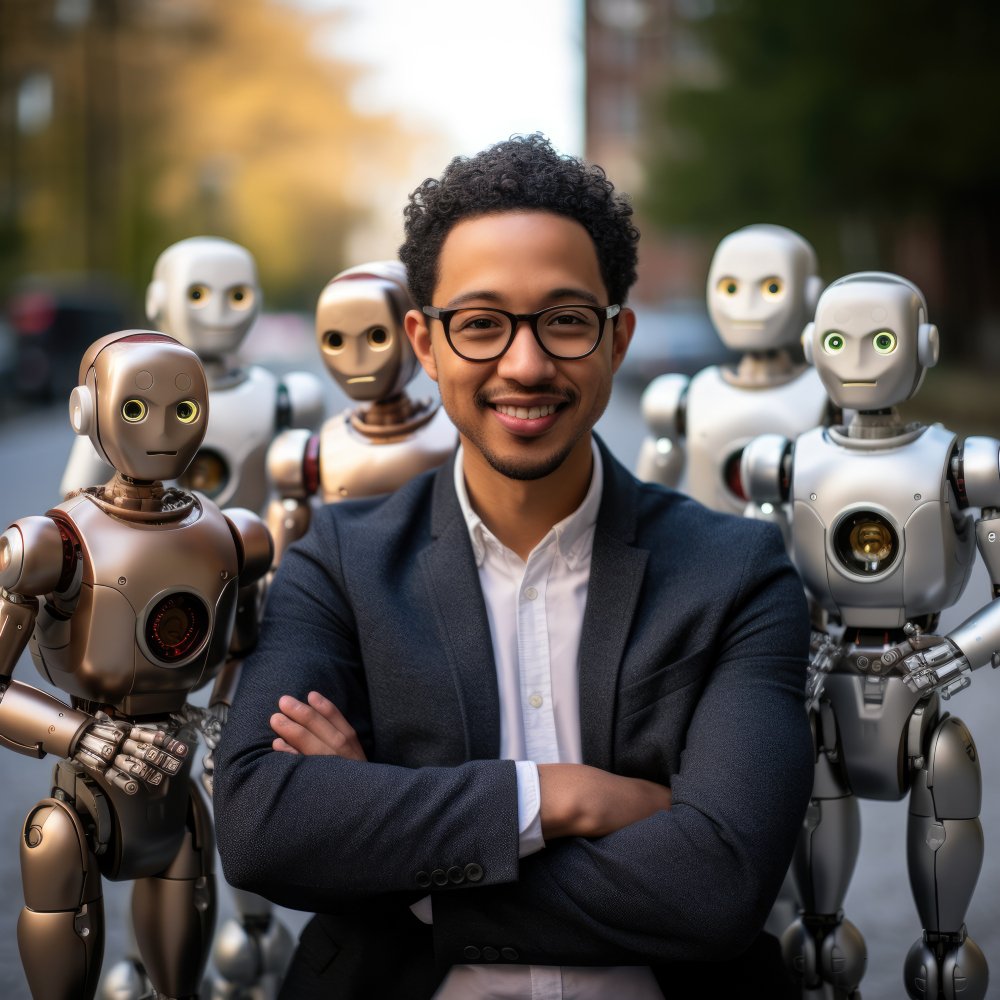
Introduction <AI and Jobs>
Artificial Intelligence (AI) is transforming the workplace at an unprecedented pace, impacting nearly every industry and reshaping the way we think about careers. From automating repetitive tasks to enabling smarter decision-making, AI is changing not only how work gets done but also the types of skills and roles that are in demand. While some jobs may evolve or even disappear, new opportunities are emerging in fields like AI development, data analysis, robotics, and creative technology.
In this article, we’ll explore how AI is affecting jobs across industries, which roles are most likely to grow, and what you can do to stay ahead in an AI-driven world. Whether you’re an employee looking to future-proof your career or a business leader planning for workforce transformation, these insights will help you understand and adapt to the rapidly changing job landscape.
Jobs That AI is Replacing <AI and Jobs>
- Writers and Media Staff
AI tools can already write blog posts, news summaries, or even create videos. Many companies are now adopting AI-generated content. - Call Center Agents
Chatbots today can talk to customers more efficiently than human agents. Banks, telecom companies, and online platforms now use AI-powered customer support available 24/7. [Image: Chatbot assisting a customer while human call center agents look tired] - Data Entry Clerks
Data entry tasks are easily automated by AI—faster, cheaper, and with fewer errors. - Drivers
With the rise of self-driving cars (Tesla, Google Waymo), the future may hold taxis and trucks without drivers.
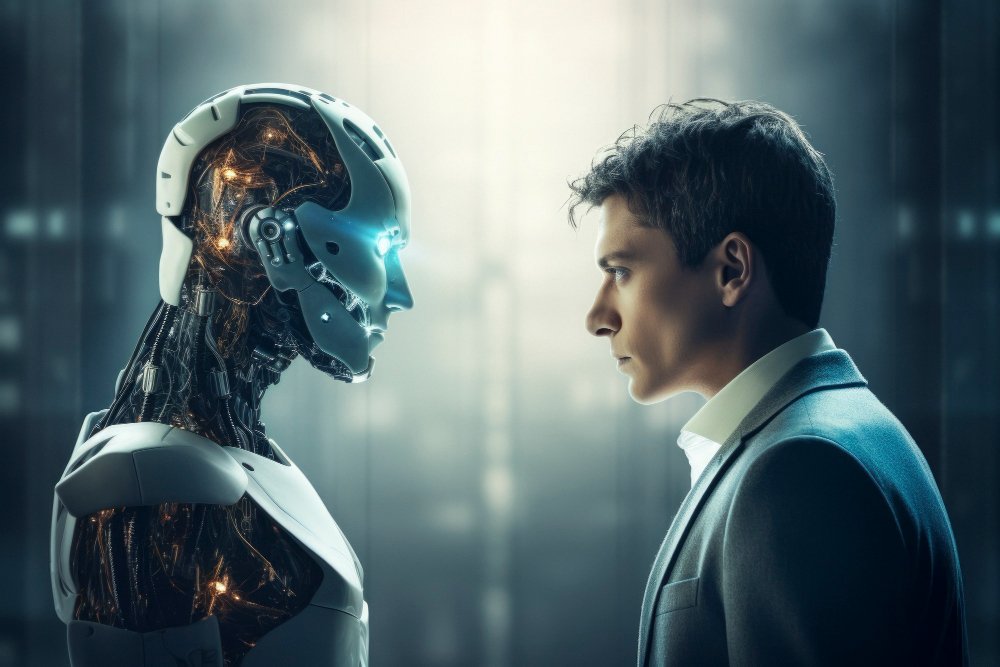
Jobs That AI is Creating <AI and Jobs>
- AI Engineers & Developers
There is high demand for people who can build, train, and improve AI systems. - Data Scientists & Analysts
With massive amounts of data generated every day, businesses need professionals to interpret and apply insights.
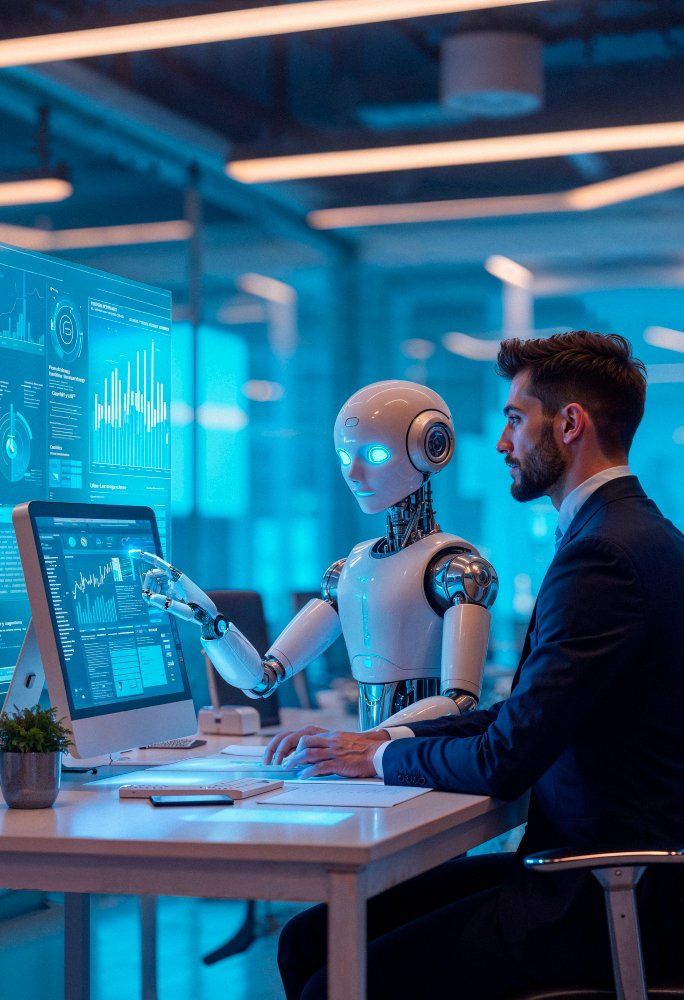
- Cybersecurity Experts
AI introduces new threats, and security experts are needed to prevent hacking and cyberattacks. - Content Creators Using AI
Influencers on TikTok, YouTube, and Instagram use AI to make eye-catching videos. Future creators who understand AI will be the most valuable. - AI Ethics Specialists
Questions like “Is AI fair? Can it be misused?” require experts to ensure responsible use of technology.
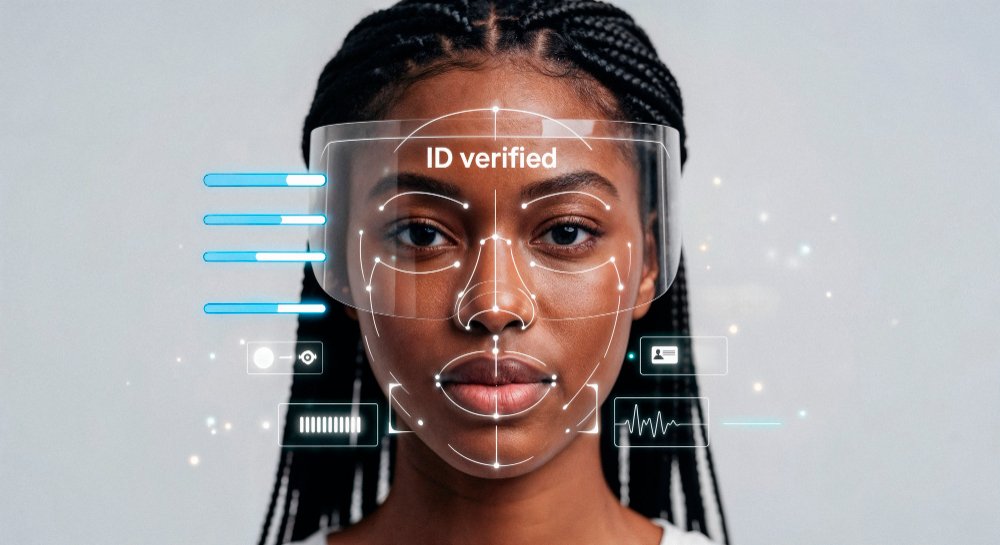
Will AI Replace Your Job? <AI and Jobs>
A study by the World Economic Forum revealed that:
- AI may replace 85 million jobs within 5 years.
- But it may also create 97 million new jobs in the same period.
👉 This means AI is not just about job losses—it’s about job transformation.
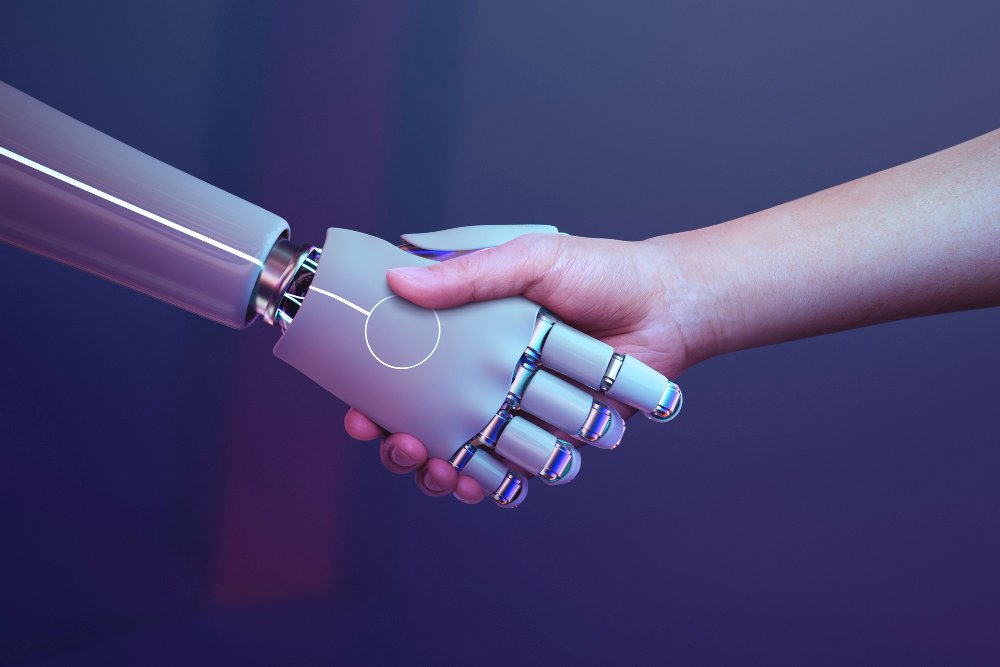
Conclusion <AI and Jobs>
Artificial Intelligence is no longer just a technological trend—it’s a major force transforming the job market. While some roles are becoming automated, AI is also creating exciting new opportunities that never existed before. From data analysis and AI development to AI-enhanced customer service and creative roles, the future of work is evolving in ways that reward adaptability, continuous learning, and tech literacy.
For employees, staying ahead means embracing change, upskilling, and exploring careers that complement AI rather than compete with it. For businesses, understanding how AI impacts roles is critical to creating efficient workflows, supporting employees through transitions, and leveraging AI to drive innovation and growth.
Ultimately, AI doesn’t have to be a threat—it can be a powerful tool for personal career growth and organizational success. By proactively adapting, learning new skills, and staying informed about AI trends, both individuals and companies can thrive in the AI-driven workplace. The key is to approach the future with curiosity, flexibility, and a willingness to evolve alongside technology.
Routine and repetitive jobs are being automated quickly. However, jobs requiring creativity, leadership, and human decision-making will remain safe. The best strategy is to learn how to use AI in your career so your skills stay relevant in the future

